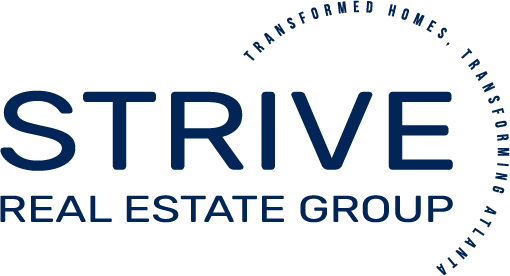Being a full-time real estate investor, I am constantly navigating loan paperwork and appraisals on a regular basis. Over the years, I have implemented systems and processes to keep my property information organized and in one place, while also developing strategies to obtain the highest and most accurate property values.
If you are considering refinancing or taking out a home equity loan, there is a good chance that an appraisal will be necessary. To help you navigate this process, here are five valuable tips:
Request a full appraisal instead of a desktop appraisal. When applying for a home equity loan or refinancing, your mortgage company may offer a desktop appraisal at no cost to you. However, these appraisals often do not reflect the full value of your home. By opting for a full appraisal, you can ensure a more accurate assessment. Recently, I obtained a Home Equity Line of Credit (HELOC) on my personal home. While the desktop appraisal showed $400,000, the full appraisal revealed a value of over $700,000—a difference of $300,000. If the initial value does not meet your expectations, be sure to order a full appraisal.
Declutter your home, hire a professional cleaner, and stage your home. This step is crucial as it allows the appraiser to see your home in its best possible condition. A cluttered space can impact the appraiser's perception of your home's overall condition, potentially resulting in a lower appraisal value. Although this step requires effort, neglecting it can cost you thousands of dollars. If the appraiser reaches out and you are not ready, you can always reschedule for a later date when your home is properly prepared.
Remove personal pictures, if possible. Research has shown that African American homeowners receive lower appraisal values compared to their white counterparts. It is an unfortunate truth that minorities face on a daily basis. To mitigate any potential bias, replace personal pictures with neutral art when preparing for an appraisal.
Provide the appraiser with a list of recently sold comparable properties in your area. This proactive step can make the appraiser's job easier. By sharing information on recently sold properties within the last 90 days, you can help streamline their report by ensuring they consider accurate and relevant comparables. Additionally, this can be beneficial if the appraiser missed any comparable properties or is having difficulty finding suitable ones.
Follow up with the appraiser via email to express your gratitude and provide a list of enhancements and repairs made to your property. Appraisers work in various neighborhoods, making it impossible to stay informed about all the developments in every area. Informing them about upcoming developments and the housing demand in your vicinity can impact the value of your home. Furthermore, by providing detailed information on the improvements you have made, you assist the appraiser in compiling their report.
By following these five tips, you can navigate the appraisal process more effectively and increase the likelihood of obtaining an accurate and favorable appraisal value. Remember, attention to detail, strategic preparation, and proactive communication can significantly impact the outcome of your appraisal.













